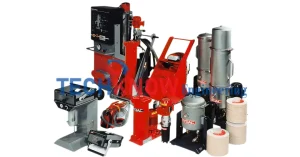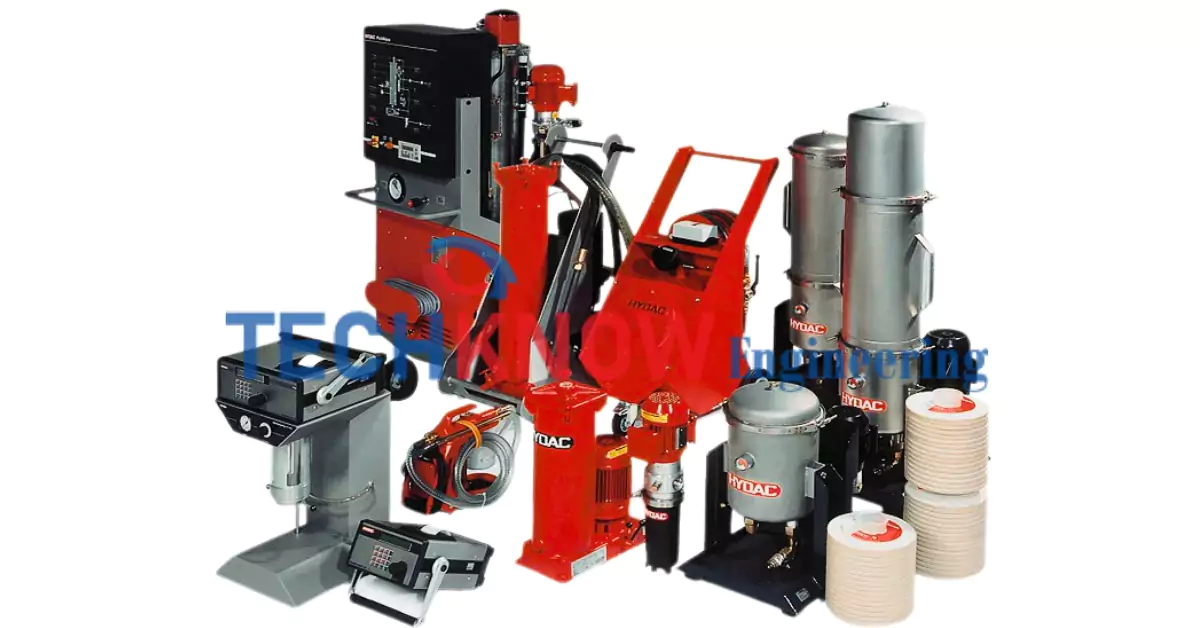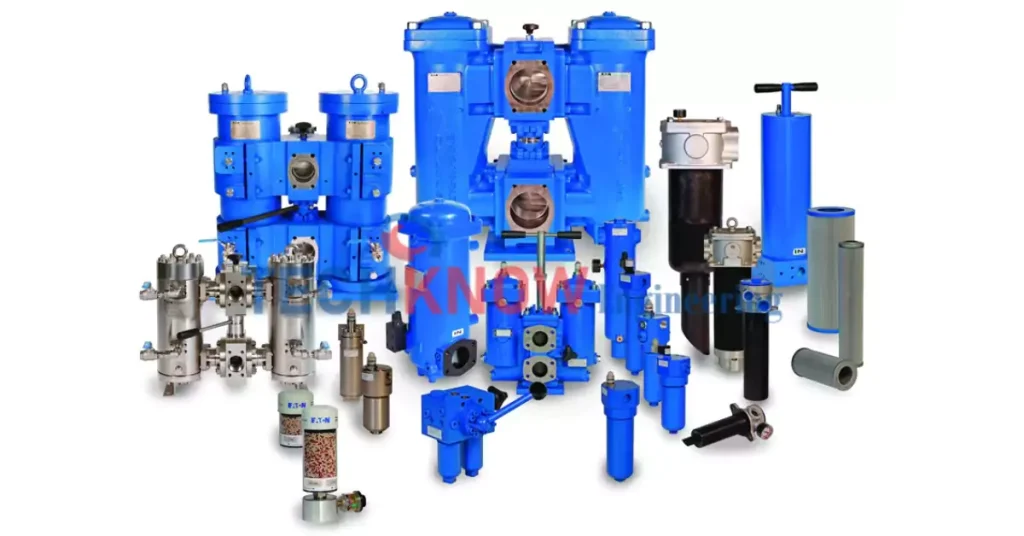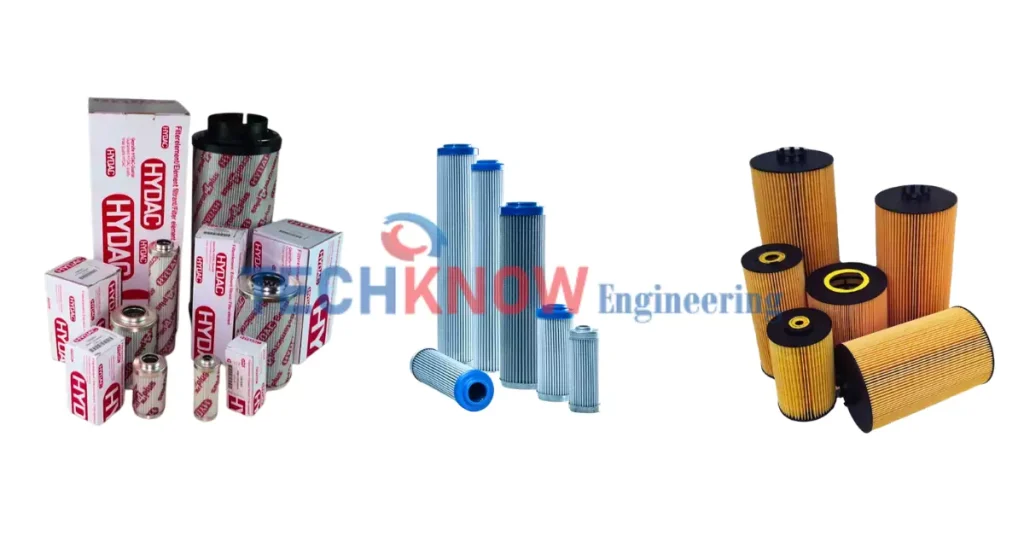Why Oil Filtration Matters: Keeping Your Systems Clean and Efficient
Clean oil is the lifeblood of industrial machinery. Without proper filtration, even the highest-quality lubricants can become contaminated with particles, water, and chemical impurities that wreak havoc on expensive equipment. The difference between a well-maintained filtration system and a neglected one can mean thousands of dollars in repair costs, unexpected downtime, and shortened equipment life.
Oil filtration isn’t just about keeping fluids clean—it’s about protecting your investment, maximizing operational efficiency, and ensuring your systems run smoothly for years to come. This comprehensive guide will explore why effective oil filtration is critical for industrial operations and how the right approach can transform your maintenance strategy.
Understanding Oil Contamination: The Hidden Threat
Oil contamination occurs when foreign substances enter your lubricating systems, compromising their ability to protect and lubricate moving parts. These contaminants can be surprisingly diverse and persistent.
Common Types of Contaminants
- Particulate Matter: represents the most visible form of contamination. Metal shavings from normal wear, dust from the environment, and manufacturing debris can all find their way into oil systems. These particles act like sandpaper, accelerating wear on precision components.
- Water Contamination: poses a more insidious threat. Even small amounts of moisture can cause oxidation, promote bacterial growth, and reduce oil’s lubricating properties. Water can enter systems through condensation, leaky seals, or environmental exposure.
- Chemical Contaminants: include oxidation byproducts, fuel dilution, and cross-contamination from other fluids. These contaminants can alter oil chemistry, leading to acid formation and additive depletion.
Sources of Contamination
Contamination enters oil systems through multiple pathways. External sources include airborne particles, moisture from humid environments, and contaminants introduced during maintenance procedures. Internal sources involve normal wear particles generated by system operation and chemical breakdown of the oil itself.
Manufacturing processes can introduce contamination from the start. New equipment often contains assembly debris, while storage and handling practices can allow contaminants to enter before the oil even reaches your system.
The Impact of Contaminated Oil: More Than Just Dirty Fluid
Contaminated oil creates a cascade of problems that extend far beyond reduced lubrication. Understanding these impacts helps justify the investment in proper filtration systems.
Equipment Performance Degradation: Contaminated oil directly affects equipment performance. Particulate matter increases friction between moving parts, leading to higher operating temperatures and increased energy consumption. Hydraulic systems become sluggish as contaminated oil struggles to flow through tight clearances.
Precision components suffer the most. Servo valves, pumps, and control systems rely on clean oil to function properly. Even microscopic particles can cause these components to malfunction or fail completely.
Reduced Equipment Lifespan: The presence of contaminants accelerates wear throughout your systems. Abrasive particles create a grinding action that wears down surfaces faster than normal. Water contamination promotes corrosion, while chemical contaminants can attack seals and gaskets.
This accelerated wear translates directly into shortened equipment life. Components that should last years may need replacement in months when operating with contaminated oil.
Increased Maintenance Costs: Contaminated oil creates a vicious cycle of increased maintenance requirements. More frequent oil changes become necessary as contamination overwhelms the fluid’s capacity to protect equipment. Component replacements become more common as wear accelerates.
Emergency repairs often result from contamination-related failures. These unplanned maintenance events are typically more expensive than scheduled maintenance and can cause significant production disruptions.
Benefits of Effective Oil Filtration: Protection That Pays
Investing in proper oil filtration delivers measurable benefits that extend throughout your operation. These advantages often exceed the initial system cost within the first year of operation.
Enhanced Equipment Reliability: Clean oil allows equipment to operate as designed. Hydraulic systems respond more precisely, pumps operate more efficiently, and mechanical components experience less wear. This improved reliability translates into fewer unexpected breakdowns and more predictable maintenance schedules.
The reliability improvements become particularly noticeable in critical systems. Production equipment maintains consistent performance, while mobile equipment experiences fewer field failures.
Extended Oil Life: Effective filtration significantly extends oil service life. By removing contaminants before they can cause damage, filtration systems allow oil to maintain its protective properties longer. Many operations report doubling or tripling their oil change intervals after implementing proper filtration.
Extended oil life reduces both material and labor costs. Fewer oil changes mean less waste oil disposal, reduced environmental impact, and lower maintenance labor requirements.
Cost Savings Across Operations: The financial benefits of effective oil filtration compound over time. Reduced component wear leads to fewer replacements. Extended oil life cuts material costs. Improved reliability reduces emergency maintenance expenses.
Energy savings often provide an additional benefit. Clean oil flows more easily, reducing the power required to operate pumps and motors. Some operations report energy savings of 5-10% after implementing comprehensive filtration programs.
Environmental Benefits: Proper filtration supports environmental stewardship. Extended oil life reduces waste oil generation, while improved equipment efficiency cuts energy consumption. Many organizations find that effective filtration helps them meet sustainability goals while reducing operating costs.
Types of Oil Filtration Systems: Choosing the Right Technology
Different applications require different filtration approaches. Understanding the various technologies available helps you select the most effective solution for your specific needs.
Depth Filters: Depth filters capture contaminants throughout the filter medium rather than just on the surface. These filters excel at removing a wide range of particle sizes and can handle varying contamination levels effectively.
The multi-layer construction of depth filters provides high dirt-holding capacity, making them ideal for applications with moderate to heavy contamination loads. They’re particularly effective in offline filtration systems where extended service life is important.
Cartridge Oil Filters: Cartridge oil filters offer versatility and ease of maintenance. Available in various media types and micron ratings, cartridge filters can be customized for specific applications. The replaceable cartridge design simplifies maintenance while providing consistent filtration performance.
These filters work well in both online and offline applications. Their modular design allows for easy capacity increases as system requirements change.
Spin-On Oil Filters: Spin-on oil filters provide convenient, self-contained filtration. Popular in mobile equipment and smaller industrial applications, these filters combine the filter element and housing in a single disposable unit.
The ease of replacement makes spin-on filters attractive for applications where maintenance convenience is important. However, their relatively small size limits their effectiveness in high-flow or heavily contaminated systems.
Inline Oil Filters: Inline oil filters integrate directly into system piping, providing continuous filtration during normal operation. These filters are essential for protecting sensitive components from contamination during system operation.
Available in various configurations, inline filters can be customized for specific flow rates and contamination levels. Their permanent installation makes them ideal for critical applications where continuous protection is required.
High-Pressure Oil Filters: High-pressure oil filters are designed for demanding applications where standard filters cannot withstand system pressures. These robust filters maintain their integrity and filtration effectiveness even under extreme pressure conditions.
Common in hydraulic systems, injection molding machines, and high-pressure industrial applications, these filters often incorporate special housing materials and reinforced construction to handle the demanding operating conditions.
Hydraulic Oil Filters: Hydraulic oil filters are specifically designed for hydraulic system requirements. These filters must handle the unique demands of hydraulic applications, including high flow rates, pressure spikes, and the need for extremely clean oil.
Modern hydraulic filters often incorporate bypass valves and other features to protect the system during filter element replacement or when filters become clogged.
Lube Oil Filters: Lube oil filters focus on protecting lubrication systems in engines, gearboxes, and other mechanical equipment. These filters must remove contaminants while maintaining adequate oil flow to prevent lubrication starvation.
The design of lube oil filters often emphasizes extended service life and reliable operation under varying temperature and pressure conditions.
Maintenance and Best Practices: Maximizing Filtration Effectiveness
Even the best filtration system requires proper maintenance to deliver optimal performance. Following established best practices ensures your investment continues to pay dividends.
Regular Monitoring: Effective filtration programs start with regular monitoring. Oil analysis provides objective data about contamination levels and filter performance. Pressure differential measurements across filters indicate when replacement is needed.
Establishing baseline measurements helps identify trends before they become problems. Regular monitoring allows you to optimize filter change intervals and identify potential system issues early.
Proper Filter Selection: Choosing the right filter for each application requires understanding system requirements. Flow rates, pressure conditions, contamination types, and operating environment all influence filter selection.
Working with filtration specialists helps ensure you select filters that match your specific needs. The right filter balances filtration effectiveness with service life and cost considerations.
System Cleanliness: Maintaining system cleanliness extends filter life and improves overall performance. Proper storage and handling of oil prevents contamination introduction. Clean work practices during maintenance prevent adding contaminants to the system.
New oil should be filtered before adding it to systems. Even “clean” oil from the supplier often contains contamination levels that exceed modern system requirements.
Scheduled Maintenance: Establishing regular maintenance schedules ensures filters are replaced before they become ineffective. Waiting until filters are completely plugged reduces their effectiveness and can damage system components.
Preventive maintenance programs should include filter replacements, oil analysis, and system inspections. Regular maintenance prevents small problems from becoming major failures.
Making Oil Filtration Work for Your Operation
Effective oil filtration is not just about buying filters—it’s about implementing a comprehensive approach that protects your equipment investment while reducing operating costs. The right combination of filtration technologies, maintenance practices, and monitoring programs can transform your operation’s reliability and profitability.
Oil Filtration

Boost your operation's efficiency and reliability with advanced filtration solutions designed for your needs. Partner with experts to assess and enhance your current practices while implementing maintenance programs that extend equipment lifespan, improve performance, and lower operating costs.
Product Brand: Techknow Engineering Enterprise
Product Currency: INR
Product In-Stock: InStock
5



